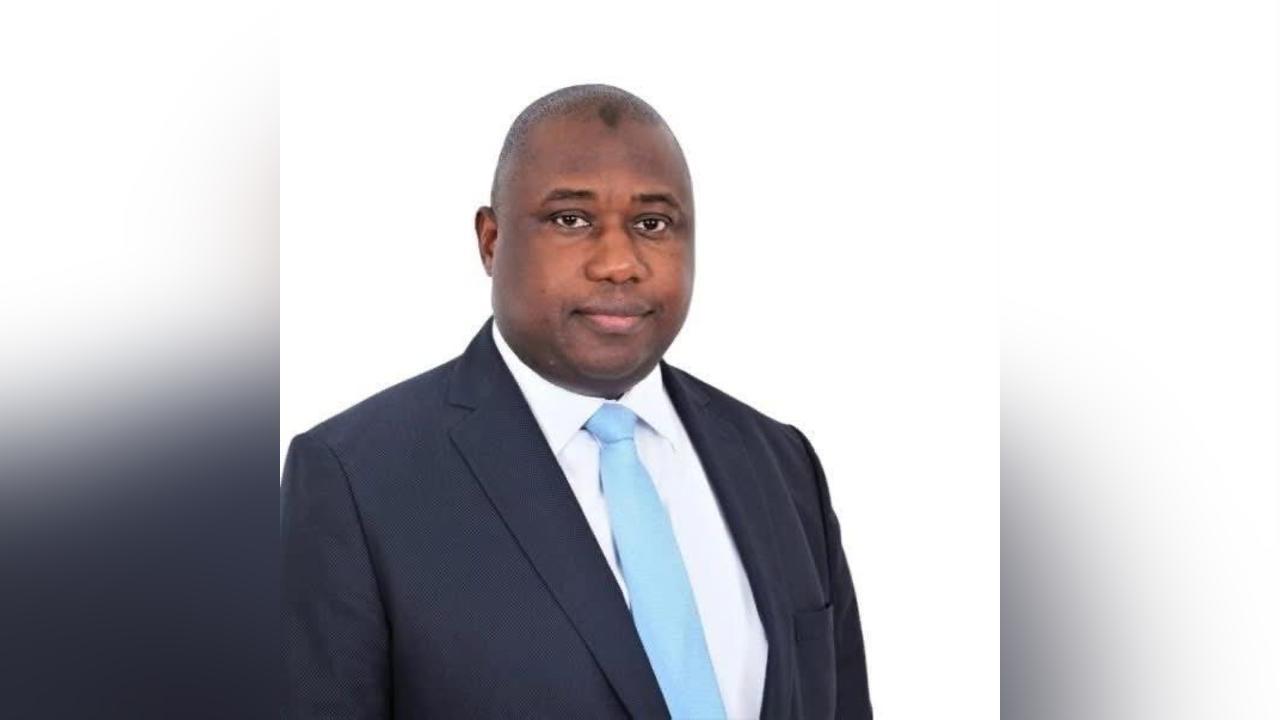Africa-Press – Gambia. Attorney General and Minister of Justice, Dawda A. Jallow, has clarified that the National Assembly’s recommendation to censure Interior Minister Abdoulie Sanyang and Tourism Minister Abdou Jobe over the controversial 30 million dalasis Russian oil scandal is not legally binding.
Speaking at a government press conference in response to a petition filed by the Gambia Against Looted Assets (GALA), Minister Jallow stressed that parliamentary resolutions carry advisory weight but do not compel executive action.
“Now, the two ministers with respect to the parliamentary resolution, you need to understand first, resolutions of parliament, they are recommendations on government; they are not binding in their nature,” he explained.
He further noted that the National Assembly did not call for the removal of the two ministers but only recommended censure. “Best practice determines that we work with parliament and see how they are implemented. But with respect to the two ministers, parliament did not recommend to the president to remove them. They recommended censor,” he said.
Justice Minister Dawda A. Jallow explained that the censure process is exclusively a parliamentary function and cannot be initiated by the executive. He outlined the constitutional procedure, emphasizing the importance of due process and evidence.
“Censure is a parliamentary process that has to be initiated from within parliament itself and be implemented by parliament, not the executive. And censure must be based on proven evidence, so parliament needed to initiate a petition from within the parliament that will be signed by members, and that petition will be served on the president,” he said.
According to him, once the petition is served, the president is required to notify the affected ministers within two weeks. A parliamentary debate then follows, during which the grounds for censure are examined. The ministers involved are given the right to respond before lawmakers take a final vote.
“And the president will serve the two ministers concerned two weeks after the date of the censure and the petition is served. There will be a debate in parliament, and the grounds of the censure will be debated, and those ministers concerned are entitled to reply. They are entitled to respond because these are still allegations. They will reply, and parliament will take a vote,” he said.
The minister stressed that upholding the rule of law is essential in The Gambia, cautioning against rushing to act on mere accusations. He explained that a censure can only succeed if it is supported by a parliamentary vote, and if the vote fails, the process ends there.
“And then when the vote is carried, then the censure succeeds. If the vote is not carried, the censure fails. Remember, we all yearn for the rule of law in this country; we cannot just say that somebody is accused of something, therefore, we act. We have to give people the benefit of the doubt; they are entitled to respond.
They are entitled to their side of the story; that is what we all cry for, and this can happen to any one of us,” he said.
He added that the ministers have the right to defend themselves and stressed that only parliament has the authority to initiate a censure process.
“We can be a victim of any allegation. Are we saying once somebody is accused, the person is not entitled to defend himself or respond or reply, so the censor that is recommended in the resolution, if parliament wants it, is an independent organ of government, they can initiate the censor process against the said ministers,” he said.
For More News And Analysis About Gambia Follow Africa-Press






